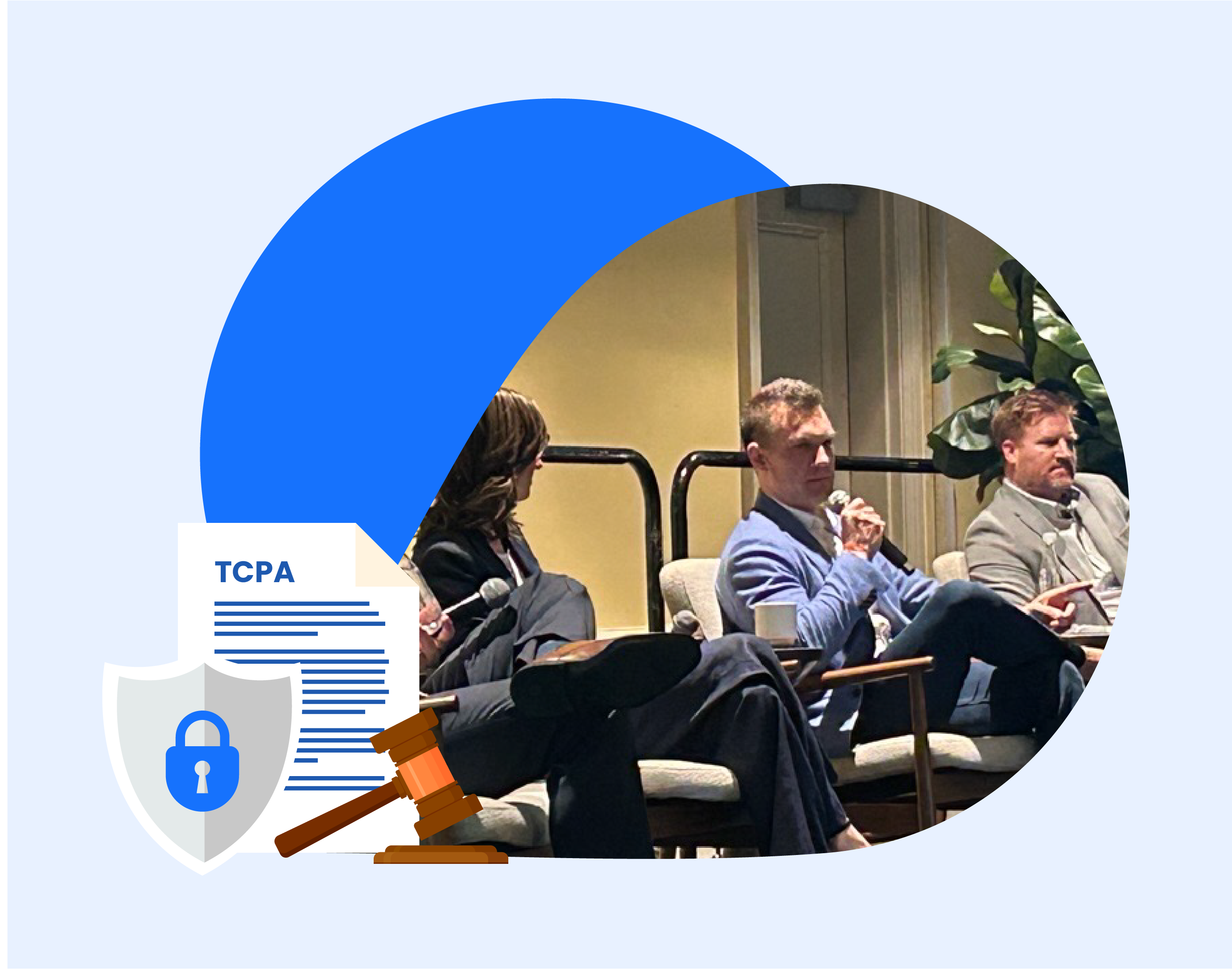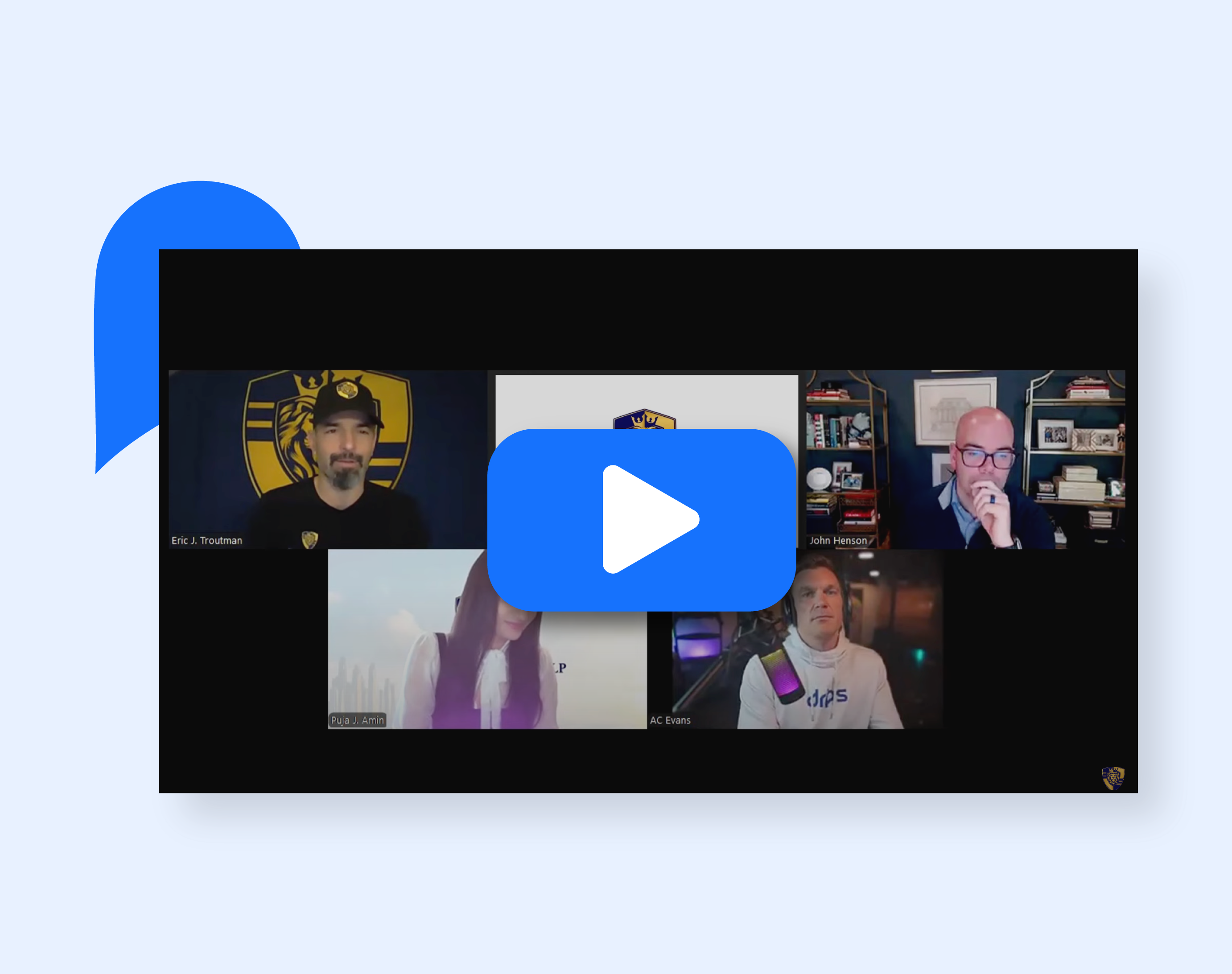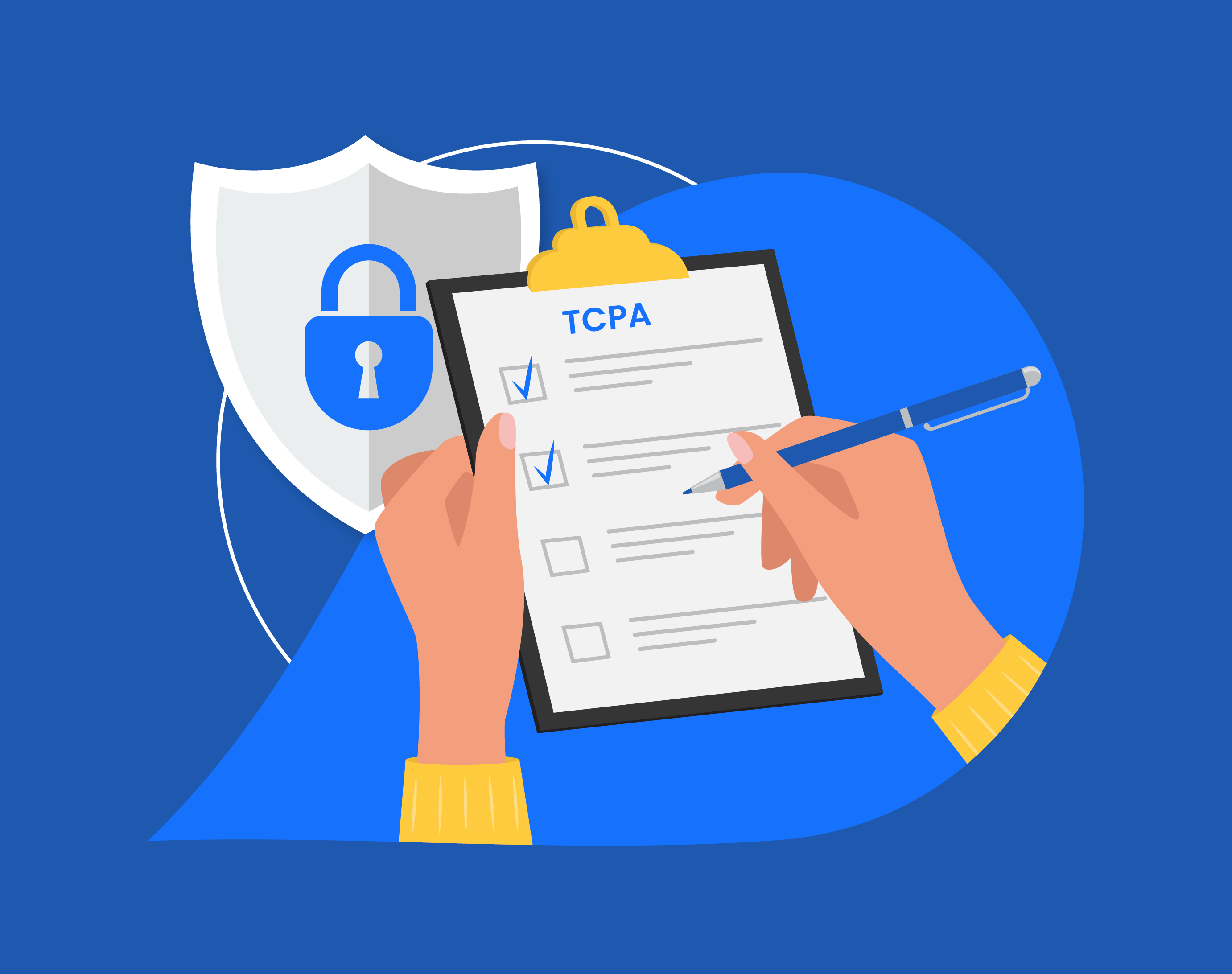Disqualified by Drips
Drips is at the forefront of best practices when it comes to compliance, including when we’re handling “disqualified” users. Unlike other systems, we take a case-by-case approach to handling users who signaled they may not be interested.
We aim to offer a comfortable way to exit the conversation funnel on their terms, having either completed the desired outcome or bowed out with insight into why.
According to Matthew Knowles of McDermott Will & Emery LLP, "For texts and calls that require prior consent, consumers are generally allowed to revoke consent (opt out) in any way that is clear and reasonable. The failure to honor these requests is one of the most common theories of TCPA liability that we see in court.”
How Do Real People Opt Out From SMS Campaigns?
Most systems only understand “STOP” or “CANCEL.” Our AI-powered conversational outreach strategy uses Natural Language Processing (NLP) with a proprietary database of double-blind, hand-approved terms to easily recognize the many ways a user can ask to be removed from a campaign.
Our commitment to compliance allows companies to take a more considered approach to achieve proper dispositioning and minimize consumer complaints.
People communicate conversationally and won’t usually use robotic terminology like “UNSUBSCRIBE”. For example, in a 60-day snapshot, Drips identified and categorized over 250,000 unique ways a consumer can express they do not want any further communications.
Because of the natural language nuances that come with a conversational outbound strategy, Drips uses a proprietary system to identify the various types of disqualifications received from your users. This level of detail will empower your team to understand more about your consumers. For example, “No, your rates are too high,” gives you information that a simple “UNSUBSCRIBE” could never provide.
This information can help you make informed decisions about the kinds of responses you’re receiving and how to communicate with those users in the future. You can then optimize your lead sources, CRM, and marketing automation campaigns based on the rates of disqualification in each category.
An NLP Model Built For Your Use Case
Since there’s no single NLP model that suits everyone’s needs, Drips will work with you and your team to align on best practices to set up the right model for your specific use. This could mean treating marketing messaging differently from administrative messaging.
SMS campaigns are often going to be considered marketing-based unless you’re doing a purely administrative effort. If your message is marketing-focused, you'll usually need to obtain express written consent first.
For administrative messages, you have different standards and best practices to consider. In order for a communication to count as administrative or informational, it needs to fit the following criteria:
- The communication is “closely related” to the purpose of providing information requested by the consumer.
- The text or call is not dual purposed (these calls are treated as marketing and WILL require express written consent).
- E.g. You can’t try to hook someone with an administrative message if the goal is to sell something.
- Merely entering a phone number into a field without clicking submit is not prior express written consent. See Caplan v. Budget Van Lines, Case No. 20-CV-130 JCM, 2020 U.S. Dist. Lexis 136865 (D. Nv. Jul. 31, 2020).
- Immediate one-time responses to consumer-initiated requests for information are not considered marketing.
Any other communications that involve trying to alter the consumer’s product or service for the benefit of retention or upsell (or anything beyond providing basic account information) will count as marketing.
Depending on whether your message is marketing or administrative, we’ll work with you to choose which NLP model should be implemented into your disqualified settings. In either case, we treat these instances so that the responses make sense to the audience and you’re not erroneously removing people from your campaign.
For example, let’s say you’re sending a marketing text about insurance add-ons and you get a response that says, “Don’t I have insurance for a cracked windshield?” Even though the phrase “I have insurance” is included (which could normally be a disqualifier), the Drips NLP model can contextualize this and respond appropriately.
How Do Customers Opt Out?
Explicits
These are users who express frustration or are flat-out explicit in their response. We suggest that you permanently blacklist their contact information and no longer communicate with them about the given offer. They represent the most liability to your brand, and typically respond with things like:
- Expletives or profanity in any form
- All-caps requests for removals
- Angry intent
If you receive these responses, it’s a good idea to look back at your campaign, see how this audience opted in, and consider why they might be annoyed with your communications. This data can lead to significant discoveries about leads and may prompt you to take an alternative approach with certain groups.
Unsubscribes
"Unsubscribes" come from users who explicitly request to be removed from a communications list. Like "Explicits," these users should be removed from your outreach right away. They typically respond in the following ways:
- Stop
- Cancel
- Remove
Unlike most SMS platforms, our system understands a variety of ways that someone can technically unsubscribe, including misspellings such as “Stahp,” or longer form technical unsubscribes, such as “opt me out please,” or “Do not call or text me again.” This helps brands capture users at the point of unsubscribing without causing compliance headaches.
Not Interested
These users express they’re not interested in a specific offer at that time but haven’t asked to stop being contacted altogether. Their responses are commonly:
- I already have auto-insurance
- No thanks
- Not interested
“Not Interested” users can provide you with an opportunity to send additional offers at a later time, or you can simply update your CRM or marketing automation system to change the user’s preferences in terms of what to offer them.
Questionable Validity
The Drips system also captures a secondary flag that questions whether a given lead opted to receive communications about a given offer. This flag can apply to each disqualifier meaning someone could be an “Unsubscribe” with “Questionable Validity.” For example, they'd say, “Remove me, I never requested this.”
Other examples of QVs:
- “I’m not John”
- “I’m 14 years old”
- “I didn’t request this information, I don’t own a Honda.”
Records with this flag could mean:
The user mistyped their own name/number. You’re purchasing potentially fraudulent data, or your data isn’t up to date.
Continuous Improvement
Over the years, Drips has built out a system with more than 1.5 billion conversations and 3.5 billion touchpoints. Still, there are a few situations in which we’ll get a response that gives our NLP a challenge. Wondering what happens when the Drips system isn’t sure of a response?
We hold ourselves to a 98.5% confidence score or above. Anything below that gets sent to a trainer to re-inform our NLP. These trainers will educate our AI so that it knows what to do when it encounters a similar instance.
Conclusion
This is just a glimpse of how our system can help you effectively communicate with users who fall under the different disqualified categories. Drips is a trusted partner in helping you meet your TCPA and TSR compliance objectives safely with a consumer-first mentality in mind.
Disclaimer: This document does not, nor is it intended to, constitute legal advice; instead, all information and content herein is for educational and informational purposes only. This document does not create any warranties, nor should any be implied. Rather, all warranties Drips make are provided in written customer contracts. By agreeing to be quoted in this material, Matthew Knowles is not providing legal advice, endorsing the product, or in any way suggesting or guaranteeing it as a TCPA compliance solution. Nor is he — or McDermott Will & Emery LLP — taking on any duties or making representations with respect to assuring the fitness of the Drips solution for any particular purpose and has not evaluated the intended use of the product or any circumstances surrounding its deployment. Seek counsel before deploying any new contact strategy using Drips or any other platform.







